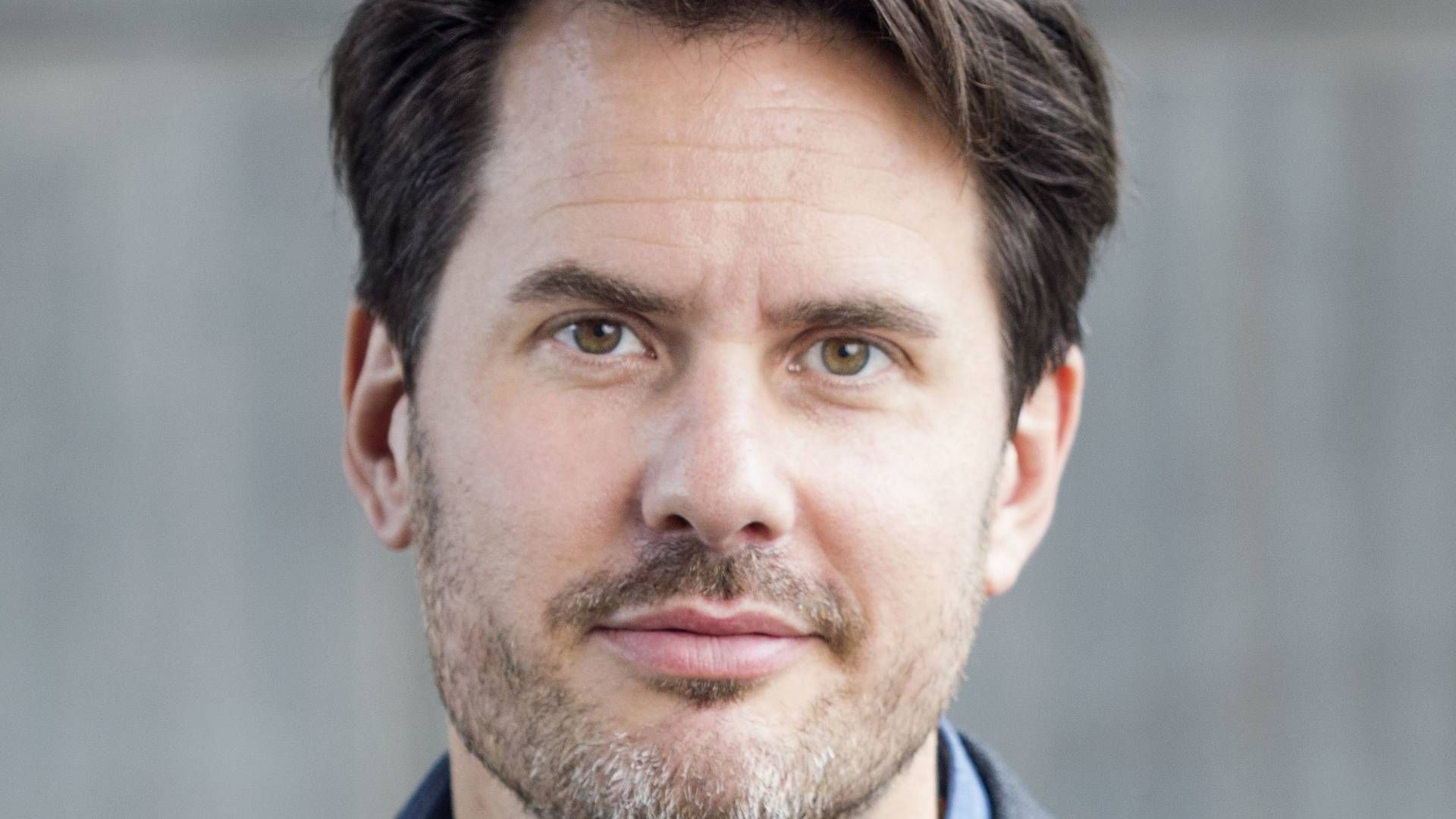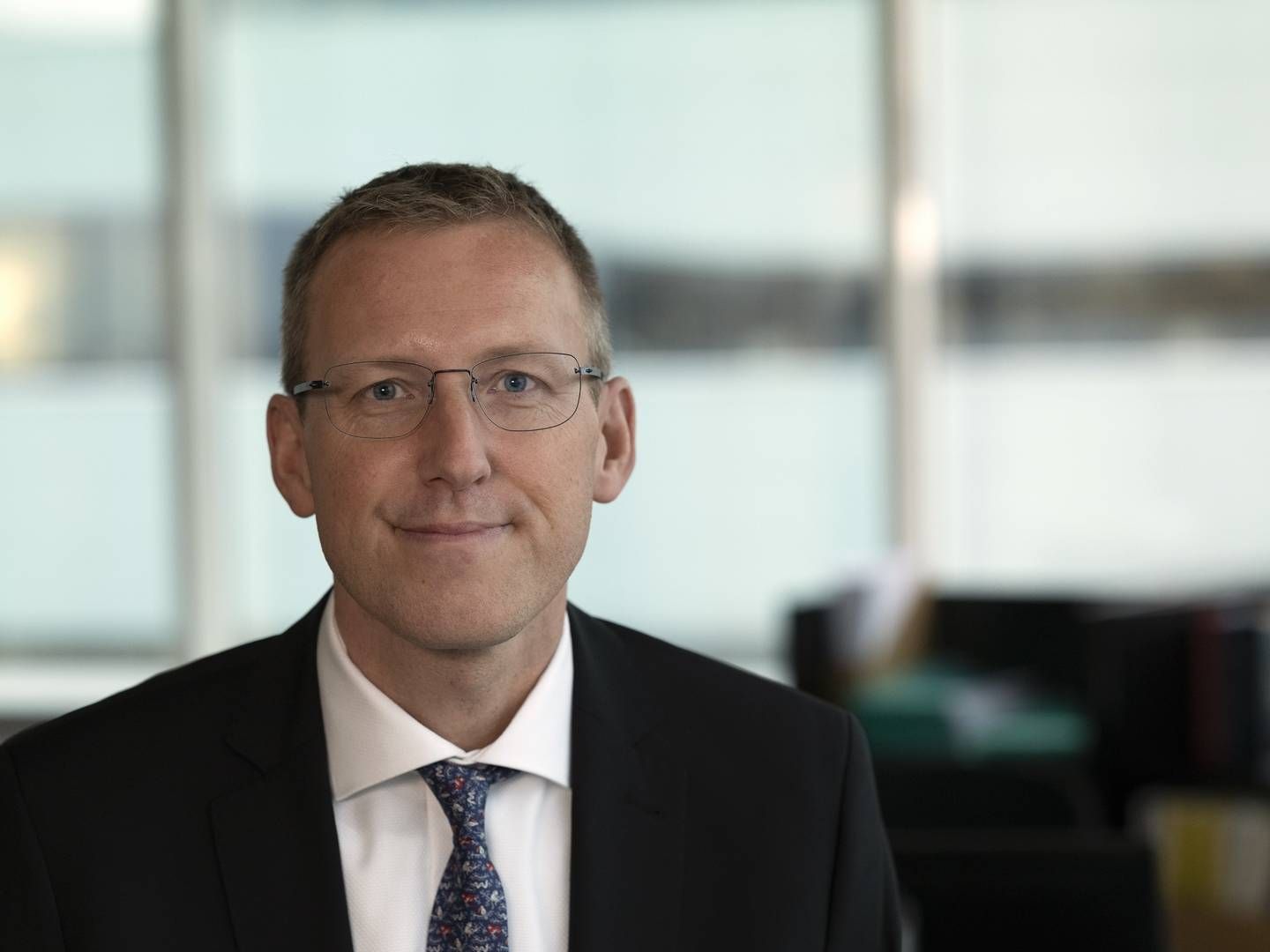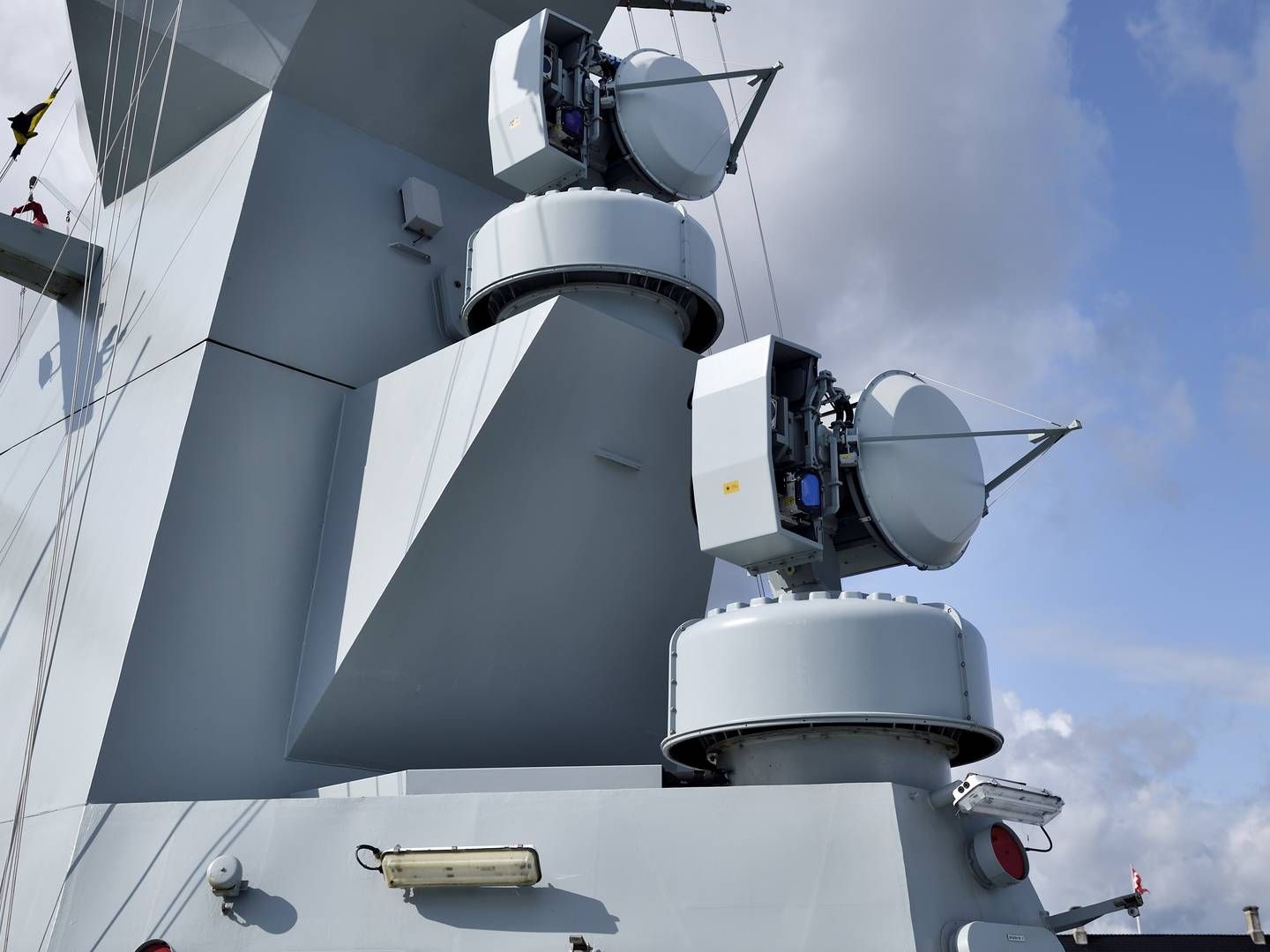Fair Finance Guide slams idea that arms are sustainable as "absurd"

Since Russia’s invasion of Ukraine the status of weapons manufacturers has shifted. From being classed as not suitable for many investors, it is now in fairly high demand, the consensus seemingly revolving around weapons being necessary for national defense.
Swedish company Saab has seen its stock soar in the last 30 days, for example. Swedbank Robur, Sweden’s largest fund manager, has gone from divesting from the company to changing its policy and buying the stock again. Another recent event was that consultancy Söderberg & Partners communicated that its wealth management arm revised its sustainability policy to include arms manufacturers.
But the debate on whether these companies are fair game for investors or not misses the most crucial point; weapons manufacturers are simply not sustainable because almost all of them engage in selling their weapons to oppressive government regimes around the world and these weapons are used in global armed conflicts. This means they contribute to human rights abuse and humanitarian crises, Fair Finance Guide Sweden’s Project Manager Jakob König writes in a debate column in Realtid.
König writes that the weapons industry often also manufactures forbidden types of weapons, such as cluster bombs. It is also an industry characterized by secrecy and lack of transparency and has often dealt in bribery, he states.
Fair Finance Guide in Sweden had analyzed Swedish banks’ investments in 2020, finding that EUR 2bn had been invested in weapons companies that had exported material to dictatorships involved in the war in Yemen, a conflict that has been ongoing for eight years.
“Thousands of consumers had written to their banks in protest after Fair Finance Guide had revealed that Swedish savings capital was connected to oppression and conflicts,” he writes, naming Saab as a company that reportedly continues to export radar systems used by the Saudi-led coalition in the war.
König does state that a weapons company isn’t unsustainable per definition.
“But they have to fulfil 15 central principles around human rights, humanitarian rights and corruption that can be found in international conventions. Very few, if any of them, actually fulfil these principles today. That’s also the reason why many banks have chosen to divest from the segment,” he writes, adding that many of the companies are now claiming that divestments are threating their ability to get financing. Something he also states isn’t true because despite the banks’ funds not being able to invest the banks have still continued to finance these companies through various loans.
He goes on to write that the European weapons lobby is now attempting to get the EU to class the weapons industry as sustainable in its pending social taxonomy.
“This would be absurd and would undermine the entire purpose of the taxonomy. If the weapons industry is to start contributing to a sustainable development then it has to stop contributing to corruption, oppression and humanitarian crises. Banks and other financiers would be able to speed up change by putting higher demands when giving out loans or investing. It would be appreciated by many Swedish bank customers,” he concludes.
Pension industry association says debate on arms and defense investments is needed
Related articles
Nordic pension funds free to invest in thriving arms sector
For subscribers















